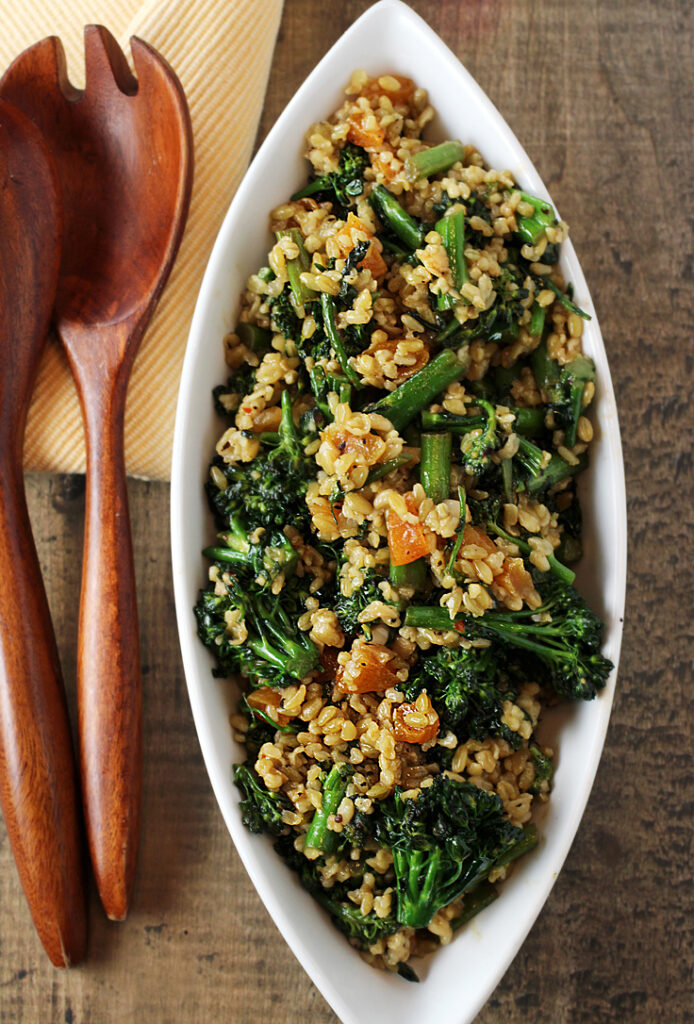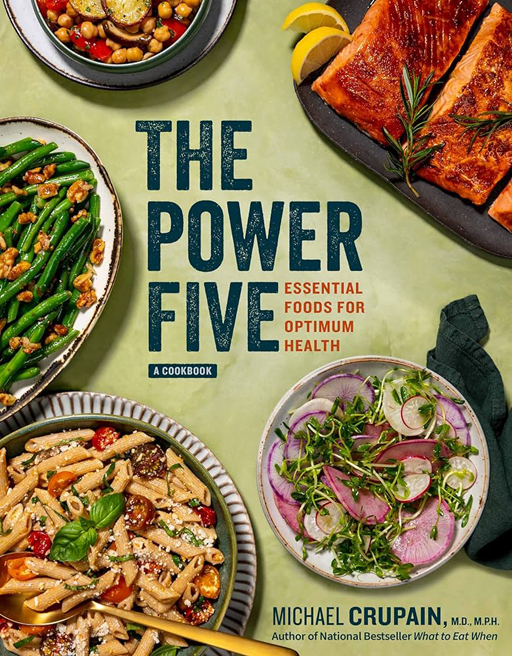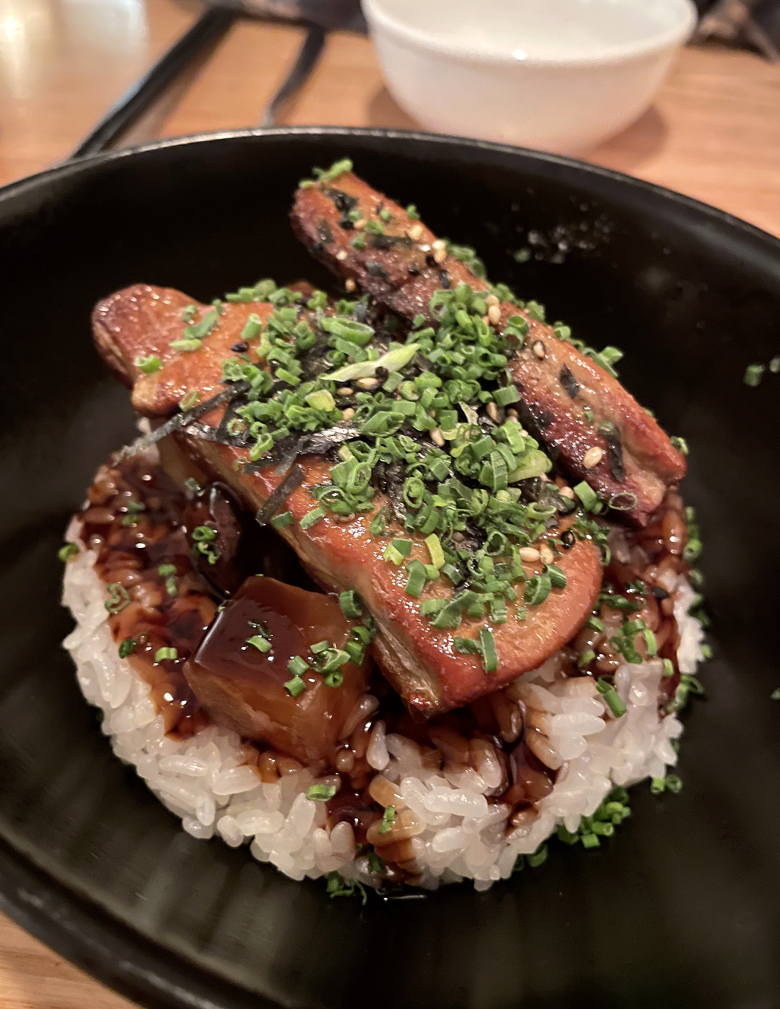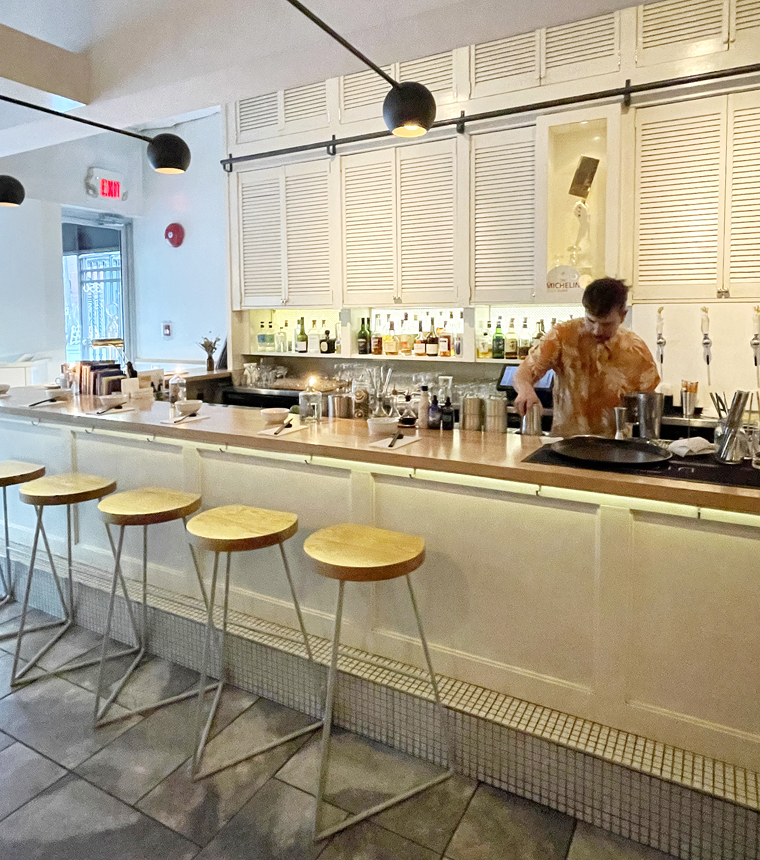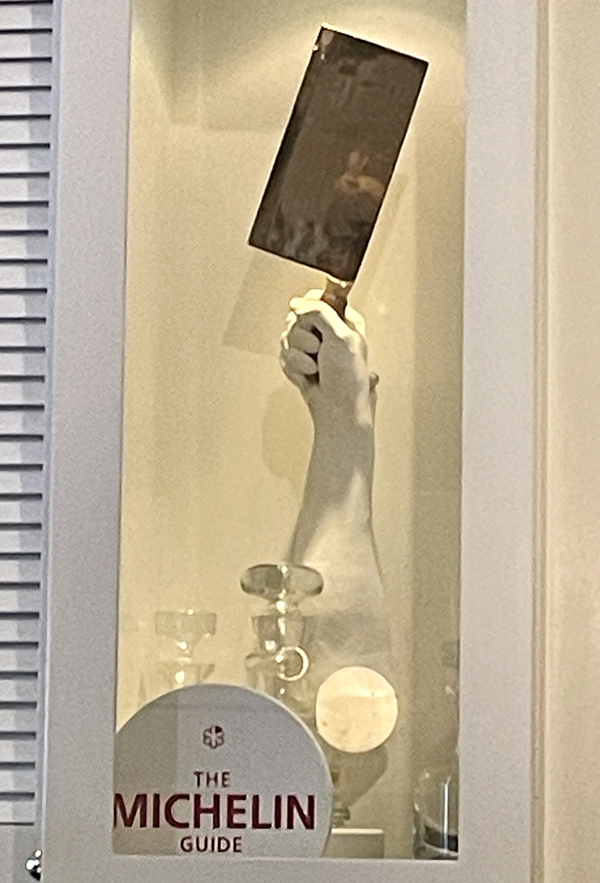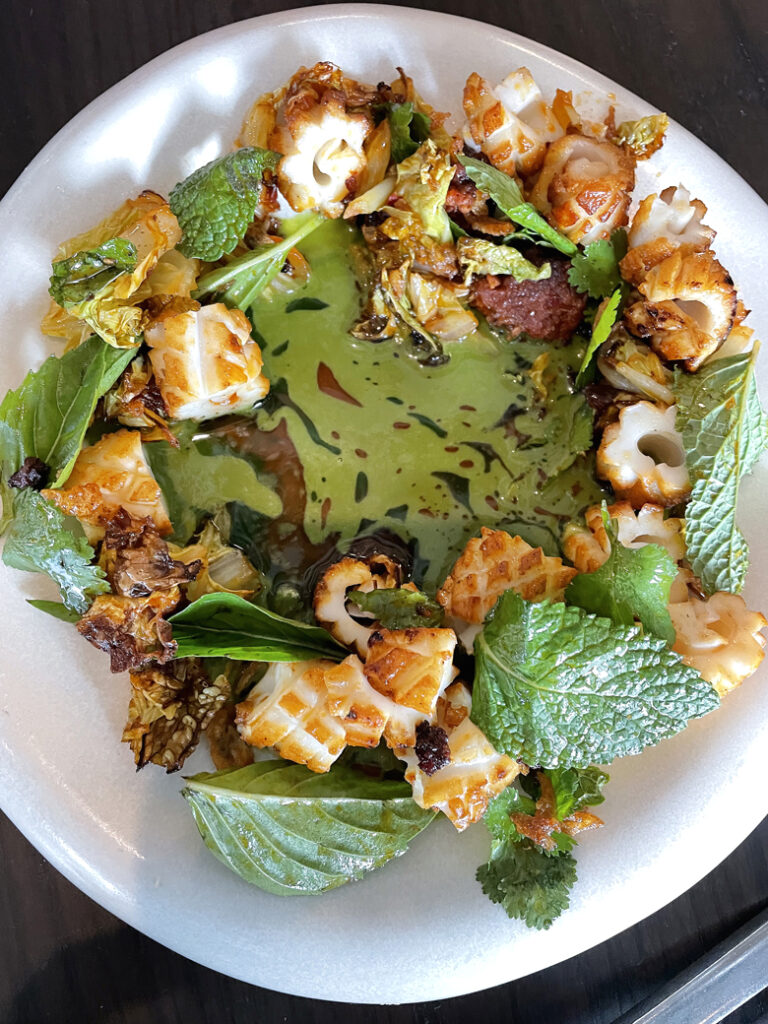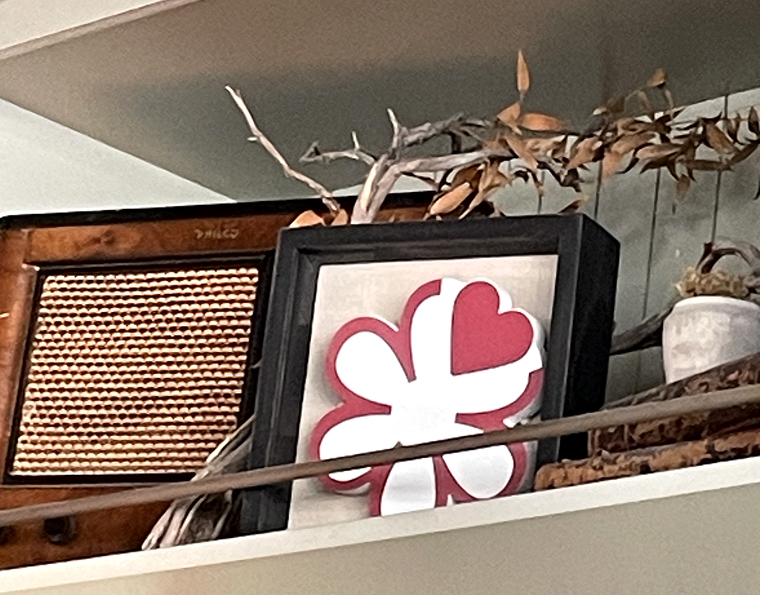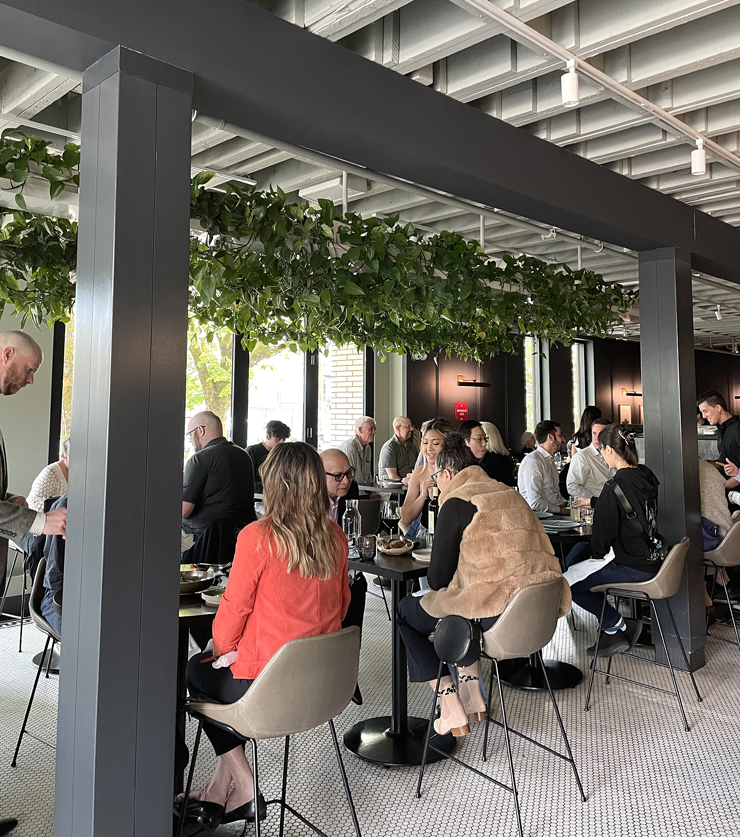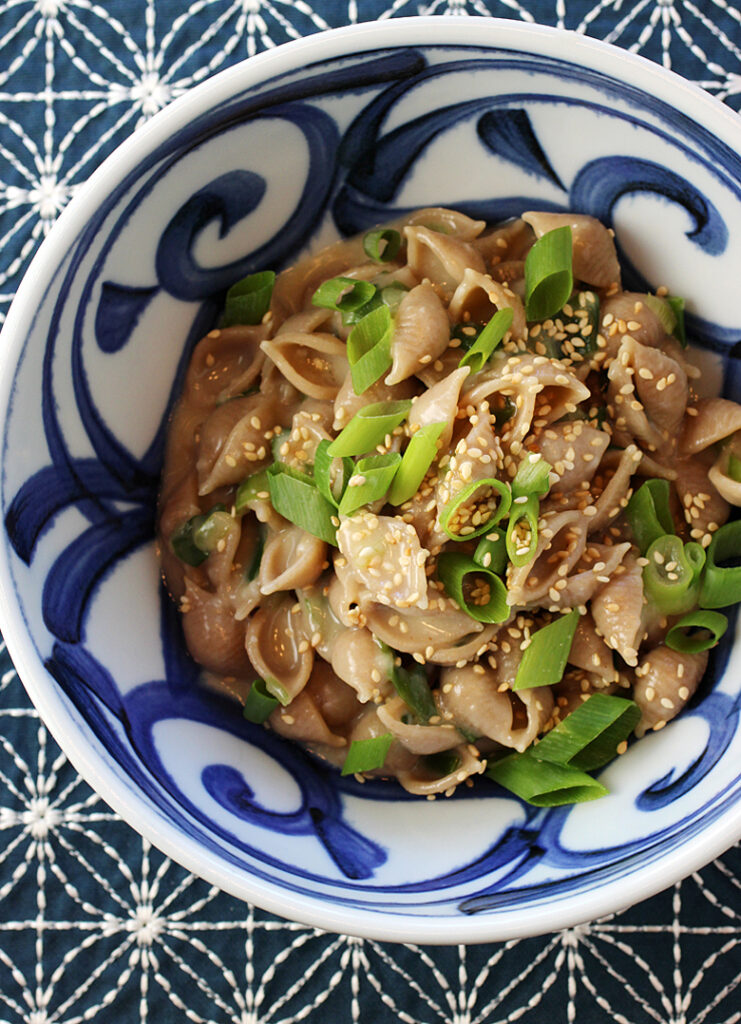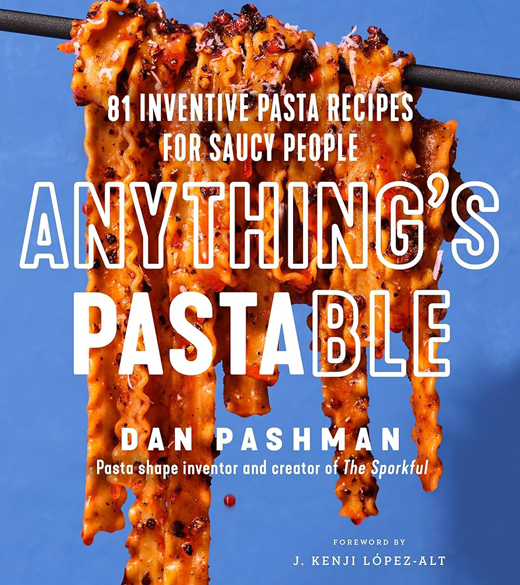Experiencing The Inn At Newport Ranch

Fort Bragg, CA — Will Jackson, a retired Wall Street investment manager on the East Coast, had never set foot on this rugged and picturesque Mendocino coast before. Even so, when he spied a for-sale ad in the Wall Street Journal in 1985 for an 850-acre cattle ranch here with more than a mile of oceanfront land, he grew intrigued.
So much so that he called a friend who lived in the area and asked him to go investigate. The friend’s verdict? That Jackson ought to high-tail it out this way to snap it up.
He did just that, falling in love at first sight. In 1986, Jackson took over the property, which back then had only a small B&B.
In 2016, he officially opened The Inn at Newport Ranch, an intimate luxury inn that boasts 10 distinct accommodations, plus a gourmet restaurant that’s open only to guests.
Over the years, he’s expanded the property to more than 2,200 sweeping acres. I had a chance to explore this secluded property recently when I was invited to stay as a guest of the inn.



About a 3 1/2-hour drive north of San Francisco, the last mile or so on Highway 1 will take you on winding turns surrounded by breathtaking, old-growth redwoods. The oft-present foggy mist will eventually reveal the California ranch-style inn built next to a majestic cypress tree that’s more than 130 years old.
Read more
